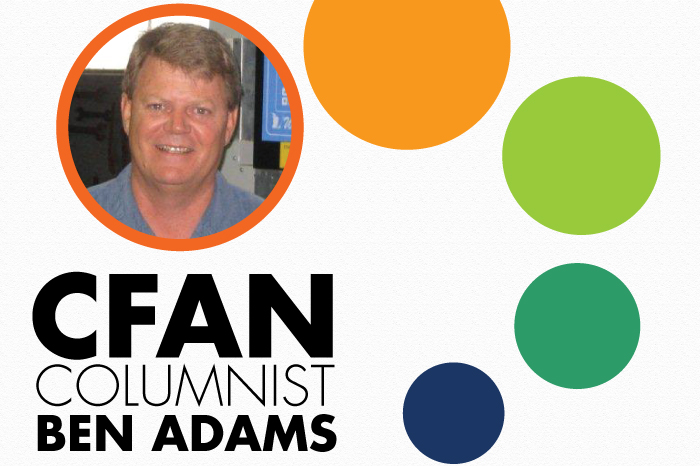Much of the USA began 2018 on an extremely cold and icy footing, quickly bringing to mind Disney’s “Frozen,” the highly popular animated film. At Adams Cold Storage (ACS), we’re blessed with the opportunity to make a living in the real world of frozen and to do our part to secure critical links in the cold food supply chain.
Among the thousands of food products and ingredients that come through our facility each year are those of the IQF kind. Anyone who’s ever done any grocery shopping likely has purchased one or more IQF products without even realizing it.
IQF is short for “individually quick frozen.” Think freshly frozen and packaged vegetables, fruits, seafood, and meats, and you’ll have the idea right away what IQF is all about. In IQF packaging, whether it’s in plastic or cardboard, each food piece inside is first frozen separately— or individually— from all the others. IQF is achieved using mechanical or cryogenic blast, plate, belt-tunnel, fluidized bed, or cryogenic freezing equipment which, depending on the product, invokes process aerodynamics and temperatures ranging from -40° to -320° F.
IQF technology dates back to the 1920s and, interestingly, to a fellow who began his career as a taxidermist and biologist, Clarence Birdseye of the Birds Eye Frozen Food Company. Perfected through many years of trial and error, the IQF process— or “flash freezing”— freezes the pieces so the ice crystals are as small as possible to minimize damage to the food fibers and cells.
In food shipping and warehousing, it’s crucial to keep IQF products below 0 degrees. If they get above 10 degrees, the ice crystals begin to soften. If the crystals are refrozen, the food fibers break down and “glazing” can develop. Few people enjoy the mushiness from a bag of refrozen shrimp!
Going back into ACS history, the first IQF product we received in 2011 was frozen corn for the National School Lunch Program. Today, we store many IQF products, including cherries, citrus pearls (frozen nuggets of oranges, grapefruit, etc.), strawberries, mushrooms, potato wedges, french fries, chopped spinach, fish filets, shrimp, clams, corn, and peas.
This column is sponsored by Adams Cold Storage, LLC.
BIO: Ben Adams, Jr., is an owner and president of president of Adams Cold Storage, LLC, in Auburndale. He has been directly involved in citrus production, warehousing, and distribution, as well as state and community support, since 1980. His facility incorporates some 250,000 square feet of multi-temperature warehousing and is AA rated by BRC-International.

